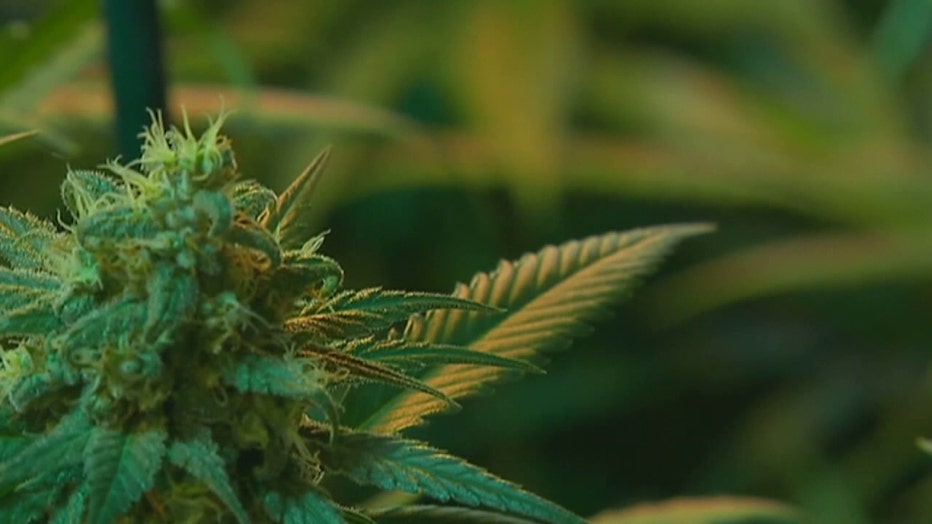Law enforcement worries legalizing recreational marijuana in Florida would encourage stoned driving
TAMPA, Fla. - Florida voters will soon decide whether to legalize recreational marijuana. While law enforcement worries it will encourage stoned driving, proponents argue it will actually make roads safer.
However, proving someone is high behind the wheel is much more difficult than proving someone is driving drunk.
Unlike alcohol, where law enforcement can test drivers using a breathalyzer proving someone is high at a specific point in time, it isn't all that easy and that could mean problems for law enforcement if Amendment 3 passes.
READ: Marijuana laws by state ahead of the 2024 presidential election
Cracking down on people driving under the influence of marijuana is nothing new to law enforcement. However, if Floridians pass Amendment 3 in November, legalizing recreational marijuana, law enforcement officials worry it'll create a new wave of stoned driving, which can be much harder to prove than drunk driving.

"Alcohol, there is a direct correlation between your breath alcohol or your blood alcohol level and your level of impairment. With marijuana that is not the case," Tampa defense attorney Hunter Chamberlin said.
Marijuana can stay in your system for up to 30 days, so while it may be present in a urine test, the results don't prove the person was high at the time they were driving. It's why police rely on Drug Recognition Experts (DREs), which are officers specially trained to detect impairment through someone's eye.
In Florida, they're in short supply with just 324 DREs, which is about one for every 66,000 Floridians.
MORE: Florida GOP lawmaker wants to ban smoking on streets, but supports legalizing marijuana
"As a defense attorney, we fight these all the time. We can test the validity of these eye tests because, in reality, it is the subjective opinion of an officer and there are a lot of things that can affect how and how a person's eyes react to that pen. So it's not 100%," Tampa defense attorney Anthony Rickman said.

The Florida Police Chiefs Association opposes the measure.
"As we represent the highest levels of law enforcement leadership in Florida, we believe that passage of Constitutional Amendment 3 ‘Adult Use of Marijuana’ – otherwise known as recreational marijuana – will hurt public safety and ultimately cost Floridians tax dollars and lives. Among these impacts will be the growth of illegal markets and criminal cartels, impaired driving and traffic fatalities, homelessness and hospitalization as a result of marijuana use," the organization said in a statement.
Smart and Safe Florida, the organization campaigning for the passage of Amendment 3, has previously said in a statement that marijuana "is already here in Florida, but in a dangerous form often laced with unwanted harmful chemicals. Amendment 3 is about choosing safety over dangerous products."
According to the National Institutes of Health, a 10-year study showed that on average, states that legalized recreational marijuana saw a 6.5% increase in injury crashes and 2.3% increase in fatal crashes. Researchers concluded in that study it's still too early to get a complete picture, and policymakers and researchers need to continue monitoring the data to get a clear look at the impact.
STAY CONNECTED WITH FOX 13 TAMPA:
- Download the FOX Local app for your smart TV
- Download the FOX 13 News app for breaking news alerts, latest headlines
- Download the SkyTower Radar app
- Sign up for FOX 13’s daily newsletter

